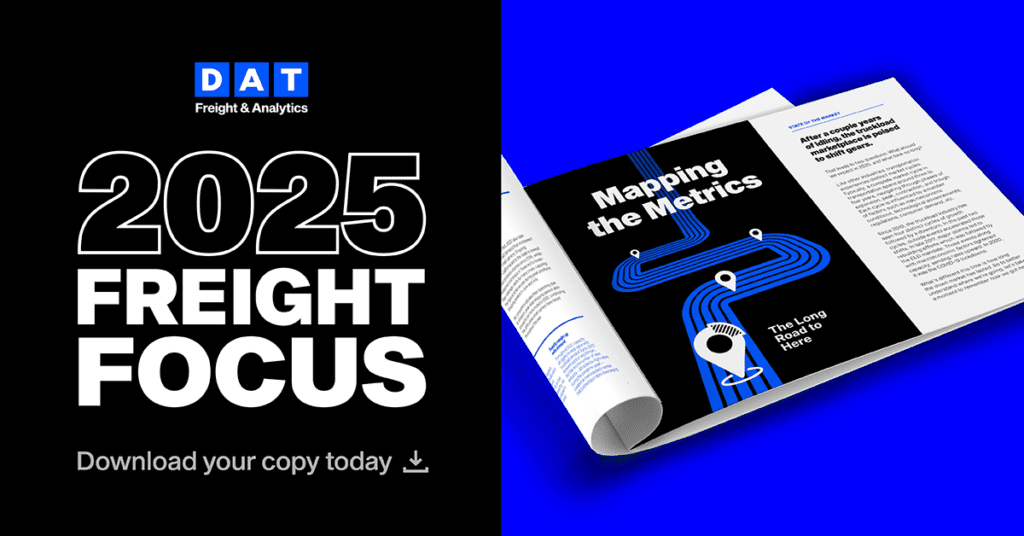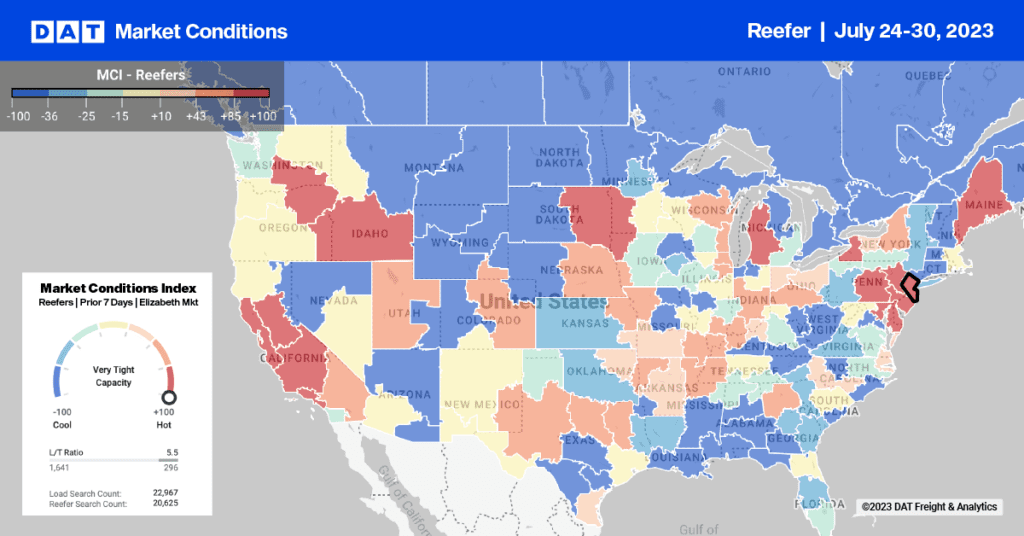The following is a re-post of an article I submitted to the TIA logistics journal:
On March 21, the FMCSA is eliminating mandatory BMC-32 cargo insurance covering for-hire motor carriers and freight forwarders that do not transport household goods. The BMC-32, written during the tenure of the defunct Interstate Commerce Commission, was a hedge against the financial troubles many trucking companies got into as a result of the intense competition brought on by deregulation. The question facing brokers is how they protect themselves and their customers from potential financial losses from damaged cargo caused by underinsured carriers.
The elimination of BMC-32 will affect about 94,000 common carriers and freight forwarders. They will no longer be required to prove that their cargo insurance meets Federal minimums. By the way, the mandate never covered other carriers, including contract fleets; hence, they are unaffected by this change.
In explaining its rationale, the agency noted that for-hire carriers “typically have cargo insurance well above FMCSA limits, because their shipper clients generally require it as a condition of doing business.”
With the removal of the mandatory coverage, some brokers and their customers may miss certain special features of the BMC-32 endorsement. These include: protection for loss and damage claims with no deductibles or exclusions; as well as the option for direct action against the insurer in the case of carrier insolvency or bankruptcy. When the rulemaking takes effect, brokers and shippers only remaining protection is the carrier’s usual cargo insurance policy.
As of March 21, all BMC-32 endorsements will expire, but FMCSA will retain key policy details on its web site through March 18, 2013. This will help plaintiffs to identify coverage for claims arising from transportation that occurred while the policies were still in effect.
With the termination of the BMC-32 requirement, brokers must verify carriers’ cargo insurance independent of FMCSA sources, as part of the carrier qualification process. As the FMCSA noted in its rulemaking: “…elimination of the BMC-32 endorsement will make it less convenient…to confirm the existence of cargo insurance.”
Before March 21, brokers must come up with alternative ways to verify cargo insurance policies carriers hold. Brokers can go directly to the carrier’s insurance agent or subscribe to a reputable third-party solution for insurance monitoring services.
For the next two years, the FMCSA will continue to be a source, for research purposes only. FMCSA can identify the carrier’s insurance company and policy numbers but-as is the case today-this data does not include specific details on policy limits, deductibles or the existence of additional insurance to cover contingencies such as reefer equipment failure.
With the elimination of the BMC-32 insurance requirement, brokers must now adapt their carrier qualifications to include a new source for verifying carriers insurance.
Addition to TIA article: TransCore’s CarrierWatch, which includes insurance information supplied by the carrier’s agent, remains the industry’s best option for complete insurance data. CarrierWatch features actual insurance certificates that can be printed or downloaded and includes data never reported by the FMCSA, such as cargo limits and information on additional insurance.


